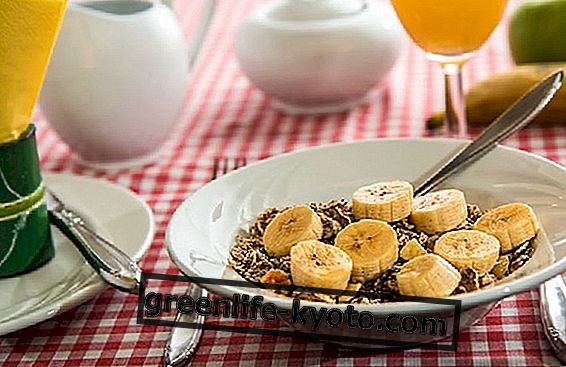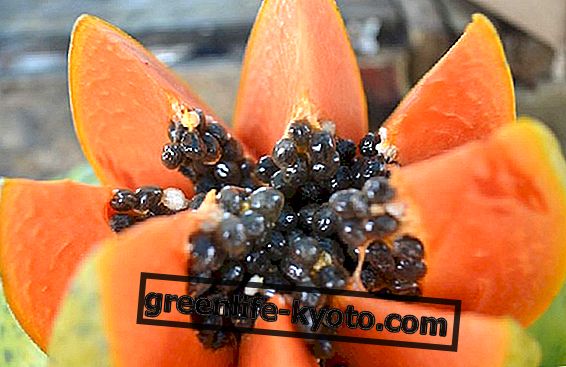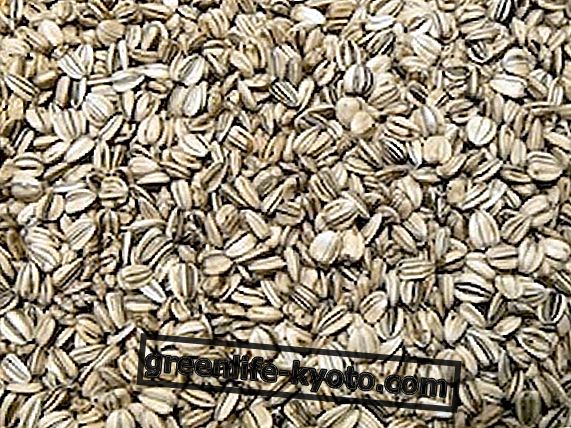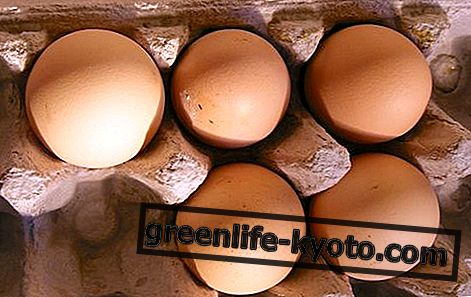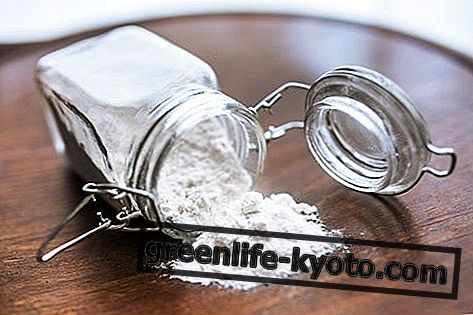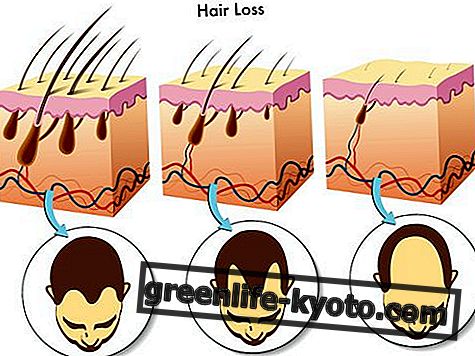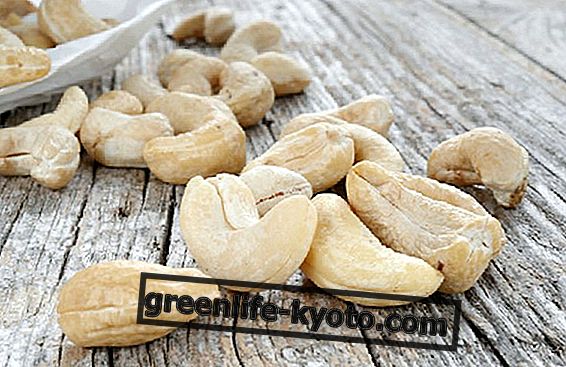
The self-production of vegetable cheeses at home is a very simple practice that once learned gives tasty, versatile and above all healthy products for our body.
We then discover how to prepare a tasty vegetable cheese starting from the raw material that in this case are the cashews.
In reality it would be advisable to use the okara which is the part that advances from the preparation of homemade vegetable milk.
In fact from cashew milk scraps we can obtain cashew cheese in a completely simple and even more economical way.
Ingredients
> 100 g of okara (leftover cashew milk);
> lemon juice;
> 3 g whole salt;
> food yeast or spices like pepper, paprika and aromatic herbs to taste.
If, on the other hand, you have not previously prepared cashew milk and therefore you do not have the surplus of okara then you can start from this list of ingredients.
Read also Plant foods: the benefits >>
Ingredients
> 150 g natural cashew nuts;
> 2 tablespoons of lemon juice;
> 5 g of whole salt;
> 3 tablespoons of water.
Preparation
The preparation of cashew cheese is very similar for both of these lists of ingredients. Only if we use natural cashew nuts will we have to soak them for at least 8 hours before using them for the preparation of vegetable cheese.
At this time the cashews will have become twice the volume and once drained we can put them in a tall cylindrical container to be blended with the other ingredients.
In case we started using cashew nut okara then we will put these leftover cashew milk leftovers in the cylindrical container and add the other ingredients.
With an immersion blender or with a food processor we are going to blend and chop the cashews, lemon juice, salt and even water together if we started from natural cashews.
Once the mixture is well blended and will be homogeneous we can put it in a container and keep it in the fridge for a few days.
This cheese becomes even more delicious with the addition of natural flavors such as pepper, paprika or chilli . Also the yeast and fresh aromatic herbs are able to give this recipe a very special flavor.
Everyone, to their taste, will be able to create a vegetable cheese based on cashew nuts with a unique flavor.
Cashew nut vegetable cheese is very versatile but its classic consumption is spread on bread or crackers.
It can also be an ingredient in many other vegetable-based recipes such as savory pies, various fillings, soups, pizzas and many other uses depending on your imagination.
Benefits of vegetable cheese
The classic cheese made from cow's or goat's milk contains many fats of animal origin and is therefore rich in cholesterol which, as we know, is a substance that must be kept under control for the well-being of our body.
Furthermore, the cheese is not suitable for people who have lactose allergies or intolerances and for these it is necessary to stop consuming them from their diet.
Vegetable cheeses are an equally tasty alternative, but much healthier than cheese made from animal milk.
Vegetable cheeses are cholesterol-free and are also rich in essential fatty acids. These fats serve the functionality of cell membranes and give elasticity to our body in addition to performing other important physiological functions.
Finally the vegetable milks are rich in mineral salts, vitamins and dietary fiber which are in fact excellent nutrients that make up the oil seeds from which we start to produce the vegetable cheese.
In the case of cashew cheese we will have a conspicuous presence of potassium, copper, manganese, magnesium, phosphorus, selenium and zinc. The presence of vitamins sees mainly those of group B such as B3 and B6 and a lot of vitamin E.
These substances have a very high antioxidant action and therefore fight cellular aging as well as keeping the skin healthy.
In conclusion, the cashew vegetable cheese is both good and healthy ... let's try this simple recipe in our kitchen!
